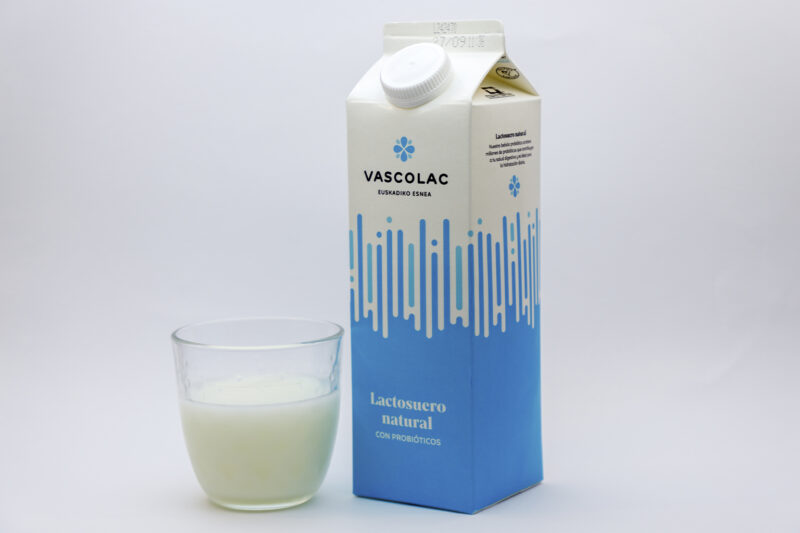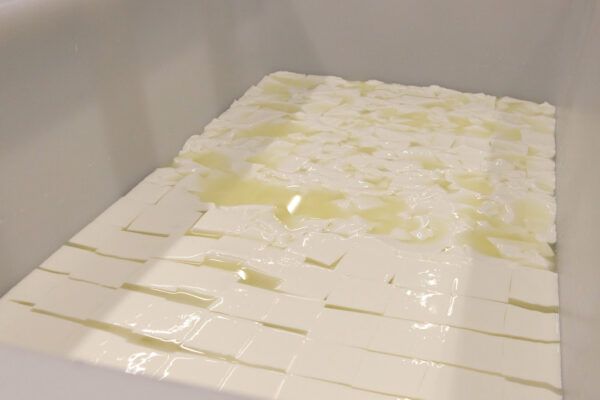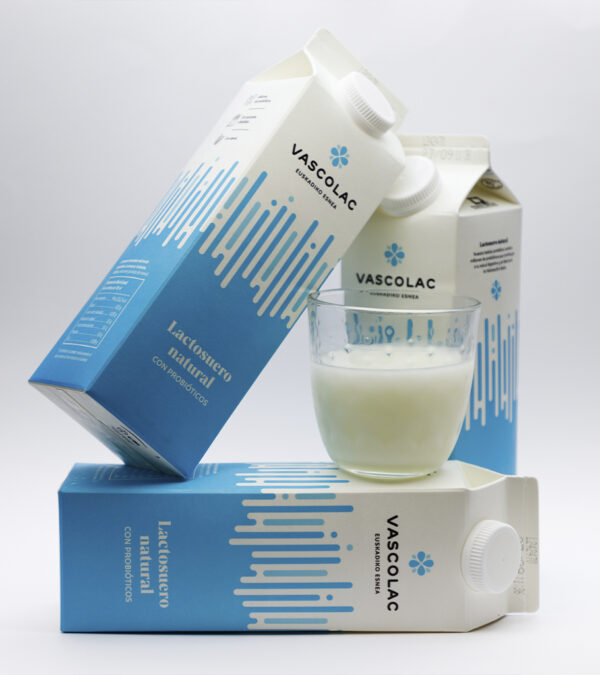
Whey, from by-product to foodstuffs
Whey is the liquid fraction that remains after the coagulation of milk in the cheese-making process. With the precipitation of the caseins, the soluble proteins or whey proteins, together with the lactose and mineral salts remain in solution, forming the whey. At least 80% of the milk volume used to make cheese becomes whey and, despite being nutritionally rich by-product, whey can be a highly polluting compound for the environment. The organic matter that enriches the whey from a nutritional and technological point of view, turns into a great pollutant for the environment, presenting high values of Biological Oxygen Demand (BOD) and Chemical Oxygen Demand (COD). This means that dairies have to manage the disposal of whey by using it as animal feed or treating it before dumping it, which has a negative impact on the economic management of the dairy.

Despite having a low dry matter content, 5.5-7%, it is the quality of the nutrients that make it nutritionally rich. Its high water contentoffers hydration benefits, while whey proteins, which account for 20% of milk proteins, are easily digestible and possess a high biological value. These include β-lactoglobulins and α-lactoalbumins, which are also rich in essential amino acids. Furthermore, whey also has interesting properties from a technological point of view, among others: its lactose content, a fermentable sugar, makes it ideal for the development of probiotic beverages and whey proteins have various technological functionalities such as the ability to form gel and foam, increase viscosity, easy dissolution, etc.
In this context, the use and revaluation of cheese whey has been and continues to be the subject of numerous research projects over the years. At Dairy Center-Leartiker, we have been working for years on the revalorization of whey in collaboration with Basque cheese dairies through the implementation of R&D&I projects developing new dairy products with high added value. Among these are projects like ‘GAXURE: Design and development of new products from cheese whey’ in collaboration with the Rural Development Agency of Lea Artibai and Miba S. Coop., ‘Esne Sueroa’ in collaboration with Larreta Esnekiak S.Z., or ‘Esnekiberri: promoting innovation in the artisanal dairy sector’ in collaboration with Txapel Koop. Elkarte Txikia.


The latest R&D&I project developed in this field was LACTO+ carried out in collaboration with the Vascolac SL cheese dairy, funded by the Berriker 2023 Aid Programme of the Basque Government’s Department of Economic Development, Sustainability and the Environment. Currently, Vascolac generates approximately 1,500,000 liters of whey per year, which must be treated at its facilities and then discharged into the public watercourse for further treatment at the wastewater plant. Within the framework of the Circular Economy paradigm, Vascolac is committed to the use of whey and its revaluation in the development of different dairy products, including a fermented whey-based milk drink that has recently reached the market. The only ingredients of this products are whey from its own cheeses production, lactic ferments and stevia as a sweetener. As mentioned above, it is a source of hydration and has easily assimilated proteins of high nutritional value, but, in addition, as it is a fermented milk product, it has probiotic bacteria. Therefore, it is an interesting product for the general population, with especial advantages for senior population or individuals who face challenges in maintaining hydration. For this reason, Vascolac has made its first inclusion in the market in residential centers where the product has been incorporated as a daily menu in order to facilitate the intake of water-based foods in the elderly population and thus improve their wellbeing. The fermented whey-based drink will soon be available on our supermarket shelves, and we hope that it will soon reach our homes.
If you are a cheese producer and you find yourself with a daily volume of whey that you can take advantage of and revalue, do not hesitate to contact Dairy Center, we will be delighted to accompany you in the process.
Whey is not a by-product, it is a foodstuff!


